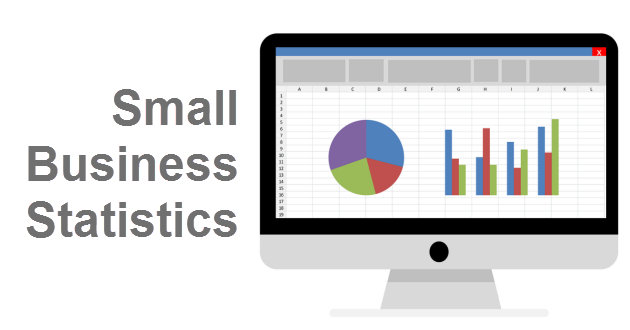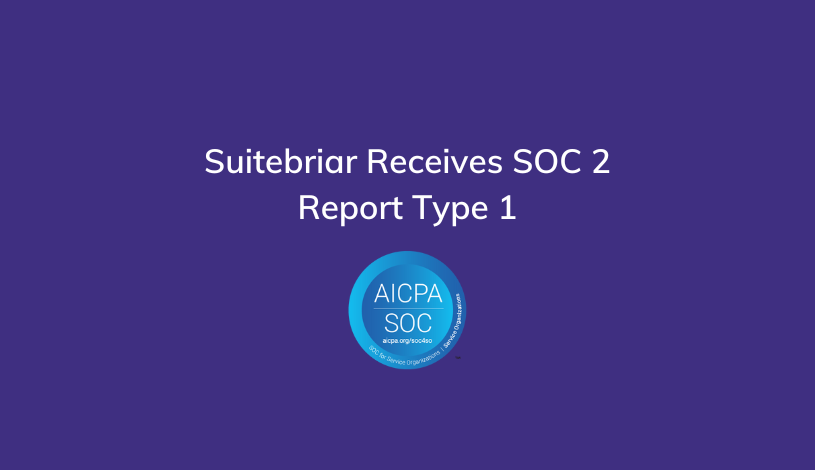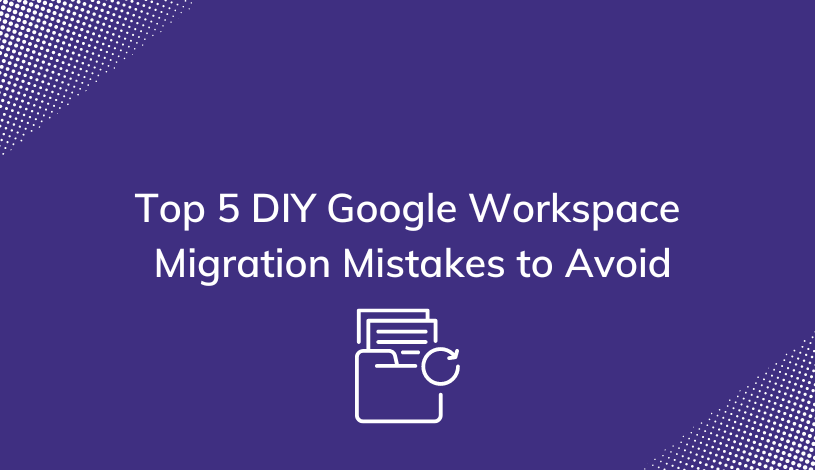Small Business Statistics 2020
Starting a small business is no easy task, and according to the SBA, businesses that have less than 10 employees make up 75% of employers in the small business world. Since the unemployment rate has lowered in the last few years, small businesses have contributed more than large businesses.
Staying on-trend, executing your ideas, proper financing, and good timing are all important aspects of growing a business. This means as you do so, it is important to look to how others are succeeding in these categories, understand the challenges and how to overcome them. This will help you to know when to take risks and when to avoid them.
2020 Small Business Statistics

26.9% of Big Bank Loan Applications Were Approved
This statistic should be seen as a shock and excitement for small business owners. Big banks are a huge help in securing financing for small businesses and according to the Biz2Credit Small Business Lending Index, 26.9% of big bank loan applications were approved in November. Although it seems that less than 30% should be looked at negatively, this is actually a rate not seen since before the economic recession.
When looking at small banks, the number changed to a big over 50% approving the applications they received. There is also an alternative other than banks to receive funding, and those are alternative lenders. These approval rates are around 70% on average.
Related: 11 Emerging Small Business Trends in 2020
$663,000 was the average funding amount in 2018
Funding is an inevitable need for most small businesses, and in 2018 the average funding granted was $663,000. This is not specifically for small businesses, but it takes into account all businesses.
Different lenders also issued different levels of fundings, for example, large national banks on average funded $593,000 while small banks averaged $146,000. Finally, alternative lenders on average loaned $50-$80,000. This is interesting in correlation with the approval rate going from lowest with the largest sums of money, to highest with the lower sums of money.
29% of businesses fail due to a lack of capital and cash flow

Although this can be a bit scary, it also means that 71% of businesses do not fail due to lack of capital. The small business world is incredibly saturated, and that means that even though a business could have a great vision and idea, there is a chance they do not have the capital to back it up. Lack of capital is actually only the second most common pitfall of small businesses behind the lack of need, which comes in at 42% of small business failures.
Lack of capital occurs for a few reasons:
- Too much competition: New businesses in large cities can fail for the fact that they do not have enough capital to compete with similar established businesses. In order to introduce business into a saturated metro area, you need to have the funding to do so. If the funds are not there, then you cannot go to market, which will then place you into the 29% of failing small businesses.
- Poor marketing strategy: Marketing is absolutely everything in the current age. Cash flow is necessary to pay for lead generation, Facebook or Google ads, and possibly a social media marketer. Especially if you are a service-based business and require continuous new customers in order to succeed. Using these methods is extremely important in order to have a successful business, and they will cost you.
- Falling short of competitors offerings: In 2020 it is very rare to start a business that has not already been done in some way. If your business does not bring something new to the table, and you additionally do not bring something better than your competitors, then you have a problem. You will not make money, and therefore you will not make profit to turn into cash flow. Additionally, at some point, you might not be able to attain a loan because your business will not be profitable.
Proper funding is the backbone of a small business. If you run into emergencies or unexpected costs, you will need to have a source of cash or capital to dig yourself out.
Related: Types of Business Licenses and Permits Your Small Business May Need
72% of small business owners aren’t aware of their business credit score, and 45% do not even know they have one
Although you are most likely aware of your personal credit score, did you know that your business has a credit score as well? According to a survey conducted by Manta and Nav, 72% of small business owners don’t know their business credit score. If you were not aware of this, then you are not alone, as 45% do not even know they have one!
Your business credit score is different from your personal credit score because rather than showing how likely you personally will be able to make a payment, your business credit score dictates how well your business will pay off its loan payments.
Business credit scores are based out of 100 rather than your personal credit score which will be anywhere from 300-850. It is always important to try and maintain a score as high as possible, and generally, you will not be qualified by a bank with less than a 75.
It is possible for a newer business to qualify based on your personal credit score, and it is always important to monitor this and maintain it in good standing, but your business credit score may be just as important.
40% of small businesses are actually profitable.
This is a surprising and somewhat fear evoking statistic. It can be quite easy to start a small business, but managing it to the point of profitability is another. After all the expenses required to run a small business only 40% end up being profitable.
To make matters even worse, 30% only break even, and the other 30% actually lose money! Business financing can be a huge help in being profitable, therefore securing a loan might be your best bet.
19% of small businesses generated 200-500K of revenue in 2018
Generating sales is an integral part of a successful business, and sales can even vary year by year. In 2019, 19% of small businesses generated between $200,000 to $500,000 in annual sales. Although this sounds quite high, due to the many costs of running a business, it is actually closer to the range in which small businesses will barely break even. The same data also found that 9% of small businesses brought in over $1 million in sales, which is quite impressive.
8.4 Million new jobs were created by small businesses between 2000-2017
According to the SBA, 80% of small businesses had 0 employees during these years, instead, they operated as freelancers or single-person operations. That is why the amount of jobs created from the other 20% of hiring employers is extremely impressive.
8.4 million new jobs were supplied by small businesses between the years of 2000-2017. Small businesses actually generated 4 million more jobs than large businesses, which generated 4.4 million jobs during that time.
Millennials and Gen Z-ers are 183% more likely to start a side business than Baby Boomers
In 2019 freelancing and the ability to work remotely became incredibly popular. This is due to the fact that those within the Millennial and Gen Z generations are 183% more likely to start a side business than baby boomers.
Starting a side business (whether along with a full-time job or merely to work remotely and travel) allows many people to pursue their dreams or have more economic freedom. This choice of work is popular among developers, marketers, and writers.
33% of small business owners did not complete upper education after high school
29% of small business owners had completed their Bachelor’s degree, but 33% admitted to only graduating high school. This shows that many small business owners believe in on the job training and learning rather than higher education.
In an age where it is difficult to obtain a high paying job without a graduate degree, it is interesting to see that higher levels of education did not correlate with higher profit margins.
55% of business owners started a company to avoid working for someone else
This is not surprising, as being one’s own boss can be a huge motivator. You are able to take a vacation when you want to and show up at whichever time you like. Interestingly enough, it is usually the opposite that occurs. When you own your own business you have a passion and a drive that might make you the first person to arrive and the last person to leave.

Starting a business is hard work. There are many obstacles in which you as a small business owner must be aware of, and understanding the market as well as the reality of the market is a great place to start.
And if you're a business owner or manager looking for ways to boost productivity and collaboration while cutting costs, you may be interested in learning more about how G Suite works for small business. You'll probably have questions, and our Google Cloud certified experts have answered some of the most common questions we receive in the article linked below, or you can contact us directly here.







